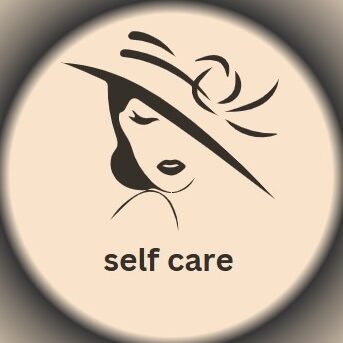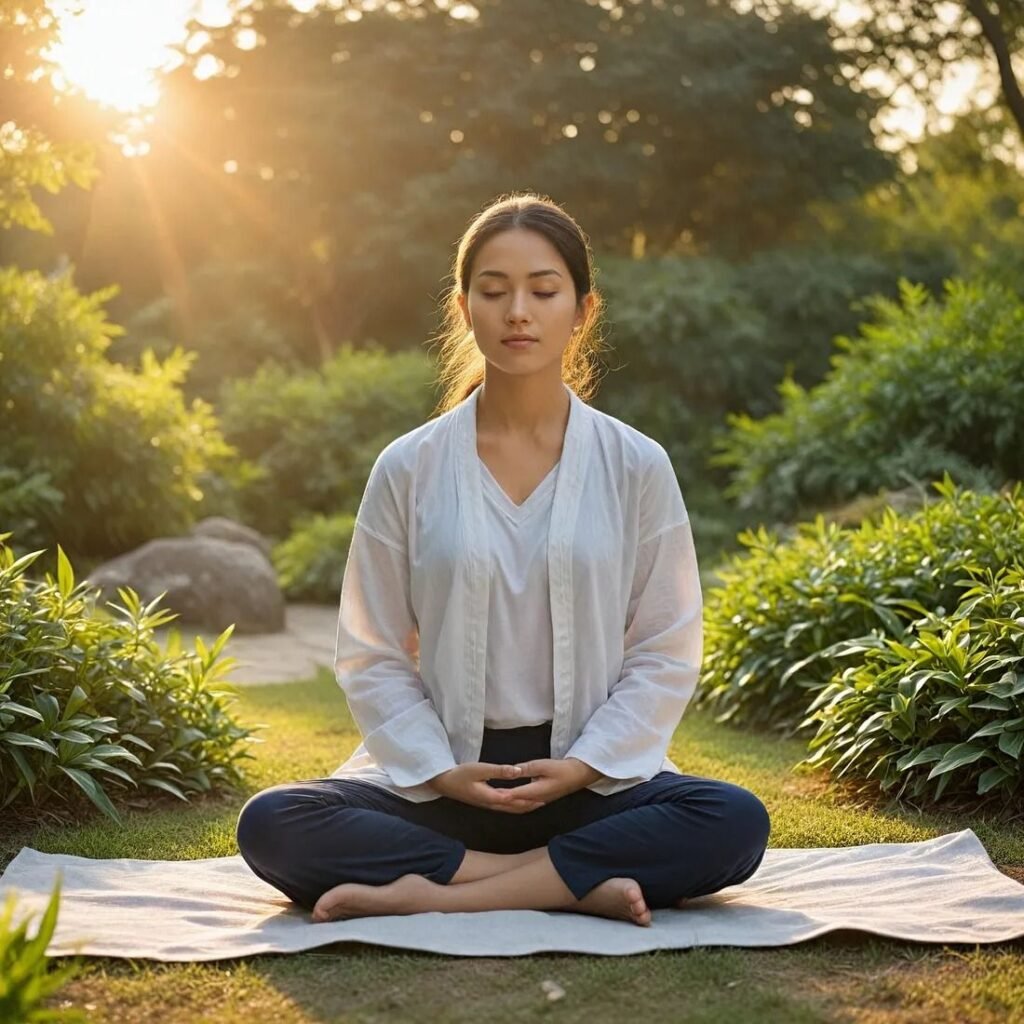When people hear the word self-care, many immediately think of spa days, skincare routines, or maybe a short break from work. While these are valuable, true self-care goes much deeper than surface-level relaxation. Real, lasting wellness comes from holistic self-care—a balanced approach that nurtures not just your body, but also your mind, emotions, relationships, and even your sense of purpose.
Holistic self-care recognizes that all parts of our lives are connected. When one area is neglected, the others often suffer too. By caring for ourselves in a more rounded way, we build resilience, find balance, and create habits that support long-term well-being. Let’s explore the eight essential types of holistic self-care and how you can practice them in your daily life.
1. Physical Self-Care
This is the most familiar type of self-care. It’s about taking care of your body so it can support you every day. Physical self-care doesn’t just mean exercise—it also includes rest, nutrition, and preventive health habits.
- What to do:
- Get enough sleep (7–9 hours for most adults).
- Choose nourishing foods that fuel your body.
- Move regularly—whether through walking, stretching, dancing, or sports.
- Stay hydrated and limit harmful habits like smoking or excessive caffeine.
When your body feels strong and energized, it’s easier to focus on other areas of life.
2. Emotional Self-Care
Our emotions are powerful, and ignoring them can lead to stress, burnout, or even health problems. Emotional self-care is about recognizing, expressing, and managing your feelings in healthy ways.
- What to do:
- Journaling your thoughts and feelings.
- Talking to a trusted friend or counselor.
- Practicing self-compassion instead of harsh self-criticism.
- Allowing yourself to rest when overwhelmed.
By giving yourself permission to feel and process emotions, you prevent them from piling up and controlling your life.
3. Mental Self-Care
Your mind needs exercise just as much as your body does. Mental self-care is about stimulating your brain, challenging your thoughts, and protecting your focus from negativity or overload.
- What to do:
- Read books, listen to podcasts, or learn new skills.
- Practice mindfulness or meditation to calm racing thoughts.
- Limit screen time and social media consumption.
- Solve puzzles, play strategy games, or engage in creative projects.
Strong mental care helps you stay sharp, confident, and less prone to overthinking.
4. Spiritual Self-Care
This doesn’t always mean religion—though for some, faith is a core part of spiritual care. At its heart, spiritual self-care means connecting with your inner values, purpose, and the sense of something bigger than yourself.
- What to do:
- Spend time in nature and appreciate its calm.
- Practice gratitude daily.
- Engage in prayer, meditation, or reflection.
- Volunteer or do acts of kindness that align with your values.
Spiritual care brings peace, meaning, and direction to your life.
5. Social Self-Care
Humans are social beings, and relationships deeply affect our happiness. Social self-care is about building and maintaining connections that support and uplift you.
- What to do:
- Spend quality time with family and friends.
- Join clubs, groups, or communities with shared interests.
- Set boundaries to protect yourself from toxic relationships.
- Reach out to people instead of waiting to feel isolated.
Healthy connections give us strength, joy, and a sense of belonging.
6. Environmental Self-Care
The spaces we live and work in influence our mood and energy more than we realize. Environmental self-care means creating surroundings that feel safe, supportive, and aligned with your well-being.
- What to do:
- Keep your living space clean and organized.
- Add personal touches—plants, art, or calming colors.
- Reduce clutter that causes stress.
- Choose eco-friendly habits that make you feel connected to the planet.
A peaceful environment reflects inwardly and helps you feel grounded.
7. Financial Self-Care
Money stress is one of the biggest causes of anxiety today. Financial self-care doesn’t mean being rich—it means managing your resources wisely so you feel secure and in control.
- What to do:
- Track your spending and create a realistic budget.
- Save regularly, even if it’s a small amount.
- Avoid unnecessary debt and plan for long-term goals.
- Educate yourself about smart financial habits.
When your finances are in order, you free up mental space for other areas of growth.
8. Occupational Self-Care
Since we spend a large part of life working or studying, our careers and responsibilities must also support well-being. Occupational self-care is about finding balance, fulfillment, and growth in your work life.
- What to do:
- Take regular breaks to avoid burnout.
- Set boundaries between work and personal time.
- Pursue opportunities that align with your values.
- Keep learning and building skills to feel motivated.
When your work supports your overall well-being, it becomes a source of satisfaction rather than stress.
Final Thoughts
Holistic self-care isn’t about perfection—it’s about balance. You don’t need to master all eight types overnight. Instead, start by identifying one or two areas where you feel most drained and focus there. Over time, small but consistent steps in each category create lasting change.
By embracing these eight dimensions—physical, emotional, mental, spiritual, social, environmental, financial, and occupational—you give yourself the gift of true wellness. And that’s what self-care should always be about: not quick fixes, but building a healthier, more balanced life for the long run.




